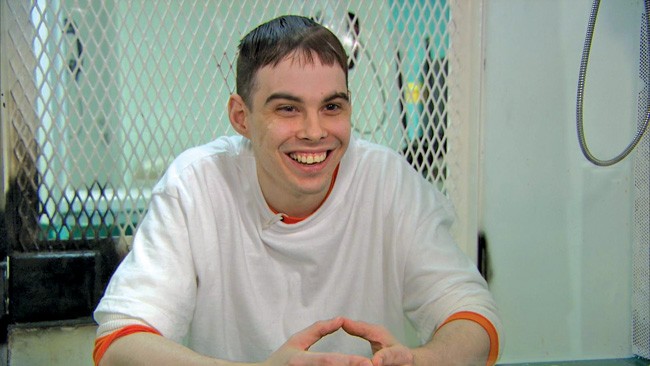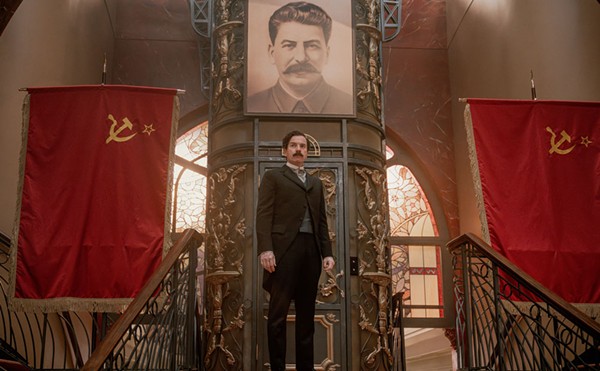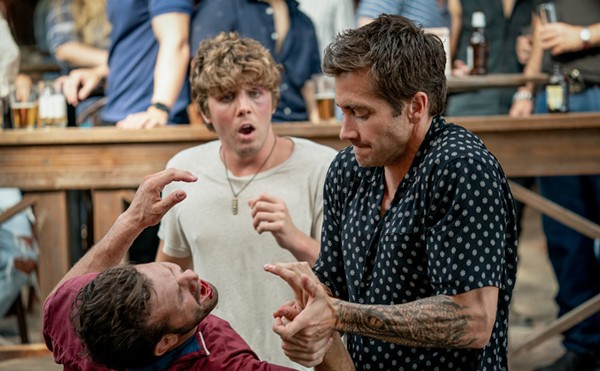Into the Abyss
3 Stars
(PG-13)
Watching Into the Abyss, master director Werner Herzog’s curious look at a Texas triple homicide and the long march to the fatal gurney for the young men involved, I was struck by just how banal the whole thing seems. Perhaps that’s because I viewed it as a Florida native – it’s a sadly semi-annual occurrence here – or maybe it’s because Herzog chooses not to bang the gong too loudly for anti-death penalty legislative action. (He does make his stance on the issue known, but more as a disclosure.) Either way, I found Abyss to be refreshingly devoid of politics, even if that also means it’s devoid of conflict. There are no angry picket lines here, no gruesome, “See, isn’t this an evil practice?” scenes of real-life executions. Instead, Herzog asks, in that probing yet gentle, meditative voice we’ve come to cherish, “What does it mean?” Oh, Werner. We don’t ask such things in ’Merica.
Throughout the film, Herzog examines a 2001 tragedy in Conroe, Texas, in which Michael Perry and Jason Burkett shot a mother (who was baking cookies at the time) in the back so they could steal her family’s red Camaro, then lured the woman’s son and his friend into the woods and executed them. Ten years later, Herzog finds Perry a perversely jovial figure, always flashing a bucktoothed grin and convinced he got the shaft while his partner, Burkett, got away with a life sentence.
Herzog also interviews the former captain of the infamous “Death House” prison, who retired, at the cost of his pension, following the execution of Karla Faye Tucker (“It got to be too much,” he says.), as well as Lisa Stotler-Balloun, the daughter of the cookie-baking woman who admits to feeling better after Perry’s sentence was carried out, along with a score of others who knew or now know the victims and perpetrators.
Although we see a transcript of Perry’s last words – he tells the family of his victims that he “forgives them,” if you can believe it – we don’t see him die. In fact, we don’t see much of anything besides the bloody aftermath of the murders taken from the police record. Herzog doesn’t examine the boys’ trial or the murder investigation, and his attempts to pull some kind of existential thoughts out of them are not fruitful. So the film can’t help but leave us feeling hungry for more details, or at least the kind of pseudo-narrative seen on countless true-crime TV specials.
It seems evident that Herzog found in these citizens of Nowheresville, where stabbings and shootings are also known as Friday nights, a kind of alien form, similar to those he recently explored in the caves of Chauvet or the waters of the Antarctic. To the rest of us, however, especially in the South, gun-happy rednecks and state-endorsed executions are unfortunately nothing new.

















